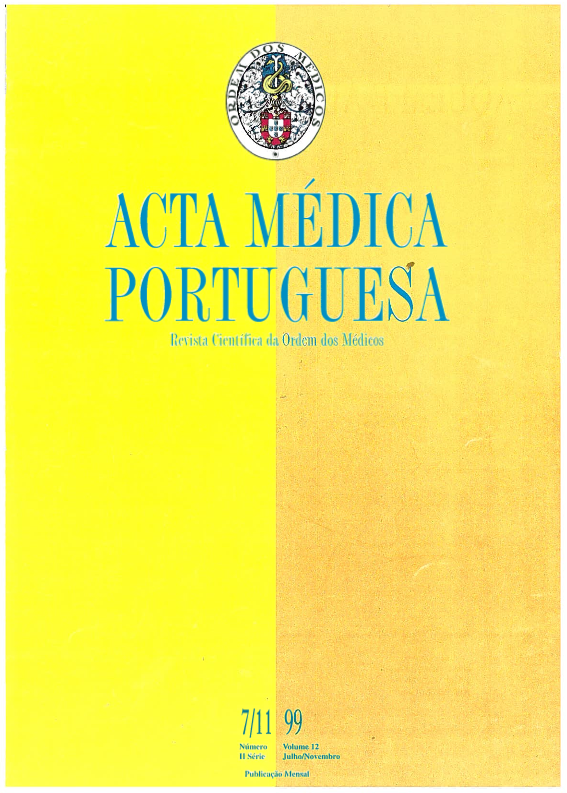Infusão de leucócitos de dador após a transplantação alogénica de células estaminais.
DOI:
https://doi.org/10.20344/amp.2158Resumo
Adoptive cellular immunotherapy with donor leukocytes of patients submitted to allogenic stem cell transplantation has had significant success in the past few years, especially in the treatment of primary disease relapse and in the prevention and treatment of some post-transplant infectious complications. Most patients treated with donor leukocytes had a relapse of chronic myelogenous leukemia, which was successfully re-induced into remission. The most significant toxicities of this treatment are the development of graft versus host disease and marrow aplasia. Three strategies were developed to limit the former: the infusion of graded doses of donor leukocytes, the depletion of CD8+ cells and the transfer of donor leukocytes transvected with a timidine kinase gene, which renders these cells sensitive to gancyclovir. The post-transplant infectious complications treated successfully with donor leukocytes were Epstein-Barr virus-induced lymphoproliferative disorders and cytomegalovirus infection. The former, arising most frequently in recipients of unrelated and/or mismatched T-cell depleted grafts, were treated with donor unseparated leukocytes or Epstein-Barr virus-specific T-cells. Cytomegalovirus infection in the early post-transplant period was largely prevented by the infusion of virus-specific T-cell clones, which restored donor-specific immunity to cytomegalovirus in the recipient.Downloads
Downloads
Como Citar
Edição
Secção
Licença
Todos os artigos publicados na AMP são de acesso aberto e cumprem os requisitos das agências de financiamento ou instituições académicas. Relativamente à utilização por terceiros a AMP rege-se pelos termos da licença Creative Commons ‘Atribuição – Uso Não-Comercial – (CC-BY-NC)’.
É da responsabilidade do autor obter permissão para reproduzir figuras, tabelas, etc., de outras publicações. Após a aceitação de um artigo, os autores serão convidados a preencher uma “Declaração de Responsabilidade Autoral e Partilha de Direitos de Autor “(http://www.actamedicaportuguesa.com/info/AMP-NormasPublicacao.pdf) e a “Declaração de Potenciais Conflitos de Interesse” (http://www.icmje.org/conflicts-of-interest) do ICMJE. Será enviado um e-mail ao autor correspondente, confirmando a receção do manuscrito.
Após a publicação, os autores ficam autorizados a disponibilizar os seus artigos em repositórios das suas instituições de origem, desde que mencionem sempre onde foram publicados e de acordo com a licença Creative Commons









